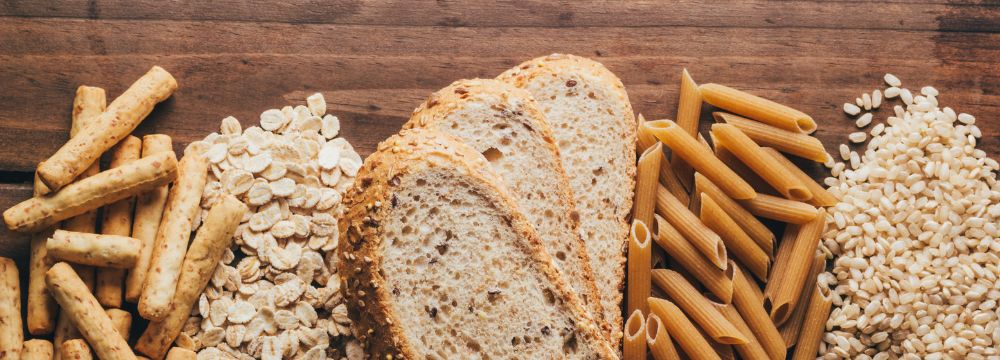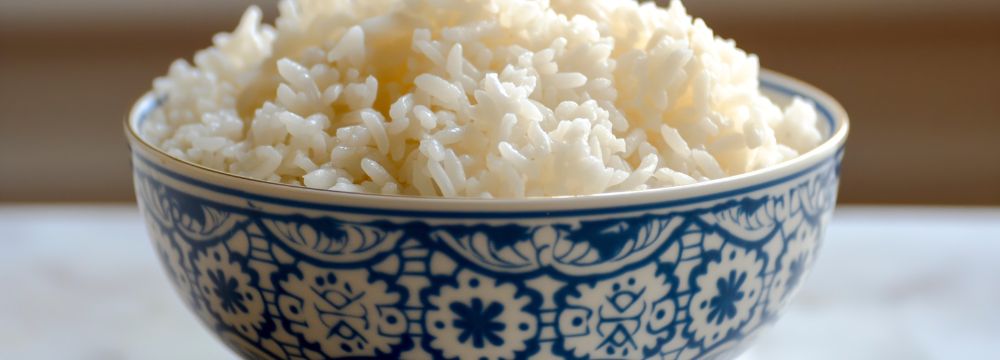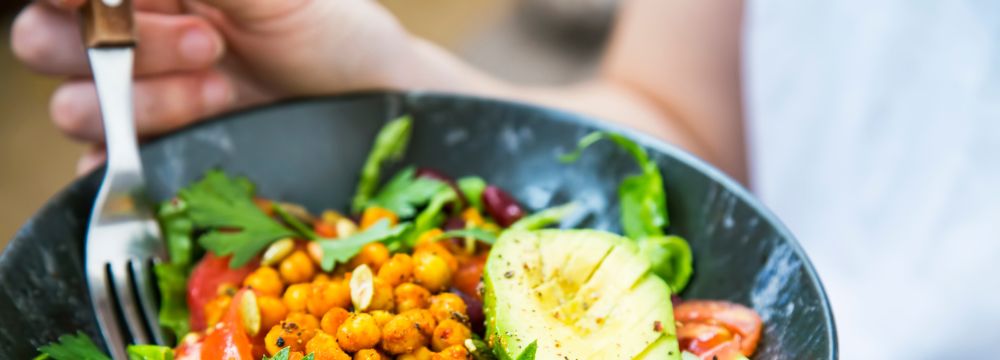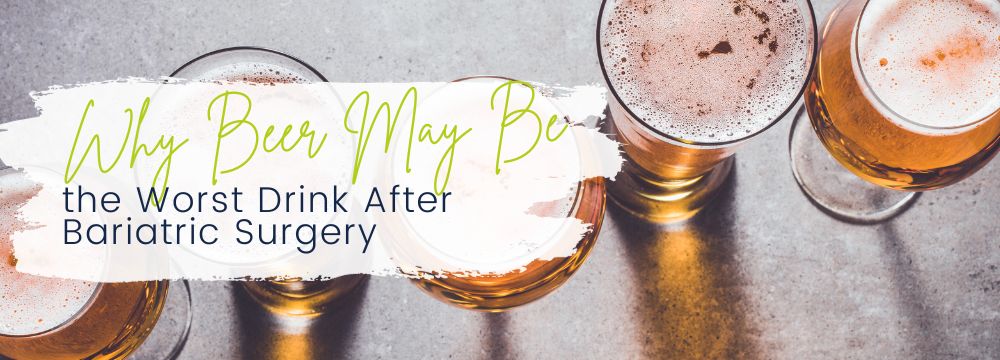
The ketogenic (Keto) diet has become increasingly popular over the past few years, mainly due to its promise of improved health and weight loss through high-fat, low-carb foods. Though some may be successful with this approach, recent bariatric patients have nutritional needs and challenges that differ from those of the general population, so keto may not be the best fit. Below, we’ll walk you through this now-popular diet’s potential pros and pitfalls.
Interestingly, the keto diet was first used in 1921 as a therapeutic diet for epilepsy. Though its use to treat seizures has declined thanks to better anti-seizure medication, this diet remains famous for its purported weight loss benefits. The Keto diet aims to shift the body into ketosis, primarily burning fat for fuel instead of carbohydrates. This is only possible by drastically reducing carbohydrate intake to less than 40ish grams per day (one slice of bread has 15 grams, which is incredibly low compared to our usual diets!) The primary source of calories in the keto diet is fat, typically 70-80% of daily caloric intake. Protein intake is moderate, mainly to prevent the body from converting protein into glucose, which could pull the body out of ketosis.
After any bariatric surgery, the primary goal is to promote sustainable long-term weight loss while ensuring the body gets the nutrients it needs. Bariatric patients are at increased risk for nutrient deficiencies due to reduced stomach size and altered digestion. Most bariatric diets emphasize high protein, plenty of B vitamins and minerals, and reducing processed carb intake.
So, can the keto diet meet these requirements?
Potential Benefits of the Keto Diet for Bariatric Patients
- Weight Loss: Keto’s reputation for rapid weight loss may appeal to bariatric patients, especially those struggling with weight plateaus several years after surgery. The fat-burning state of ketosis can help promote weight loss.
- Blood Sugar Control: Many bariatric patients have a history of type 2 diabetes or insulin resistance. A ketogenic diet may help stabilize blood sugar levels and improve insulin sensitivity.
- Reduced Hunger: The Keto diet has been shown to reduce hunger by increasing satiety hormones and providing sustained energy from fats. This could be particularly beneficial for bariatric patients who may experience fluctuations in appetite after surgery.
That sounds great, right? Not so fast. Due to its restrictive nature, keto has potential risks:
- Nutrient Deficiencies: Bariatric patients are already at higher risk of vitamin and mineral deficiencies. The Keto diet restricts many foods that provide essential nutrients, such as fruits, whole grains, and legumes. While these foods may not be “keto-friendly,” they are generally very healthy and are encouraged in a healthy diet. Bariatric patients may struggle to meet their nutrient needs on a diet that eliminates several key food groups.
- Low Fiber Intake: Many high-fiber foods are carbohydrates, which are discouraged on keto (think: fruits, vegetables, and whole grains.) Fiber is essential for digestive health and can help prevent constipation, a common issue for bariatric patients. Lack of fiber can lead to GI discomfort and difficulty with absorption.
- High Fat Content: Bariatric patients often have difficulty digesting large amounts of fat after surgery. Consuming a diet that’s 70-80% fat could lead to gastrointestinal symptoms like diarrhea, bloating, and GI pain. Additionally, there is a risk of gallstone formation due to rapid weight loss combined with a high-fat diet. Not fun!
- Protein Needs: Bariatric patients must prioritize protein intake to maintain muscle mass and support healing after surgery. While the Keto diet includes moderate protein, it may not provide enough for those recovering from bariatric procedures. Inadequate protein can lead to muscle loss, hair thinning, and impaired wound healing.
While the traditional Keto diet may not be ideal for most bariatric patients, there are ways to modify it to make it more suitable.
- Increase protein intake: To meet your body’s needs, prioritize lean proteins like chicken, turkey, and fish. Protein shakes or powders may also be helpful.
- Focus on healthy fats: Choose heart-healthy fats such as avocado, olive oil, and nuts rather than relying on saturated fats from butter and cheese.
- Include low-carb vegetables: Incorporating non-starchy vegetables like leafy greens, broccoli, and zucchini can help boost fiber and provide essential vitamins and minerals.
While this diet may offer some benefits for bariatric patients, it also carries significant risks and is very difficult to follow long-term. For most bariatric patients, a more balanced approach that prioritizes protein, fiber, and various nutrient-dense foods will likely be safer and more sustainable. Always consult with your team before starting any new diet!









